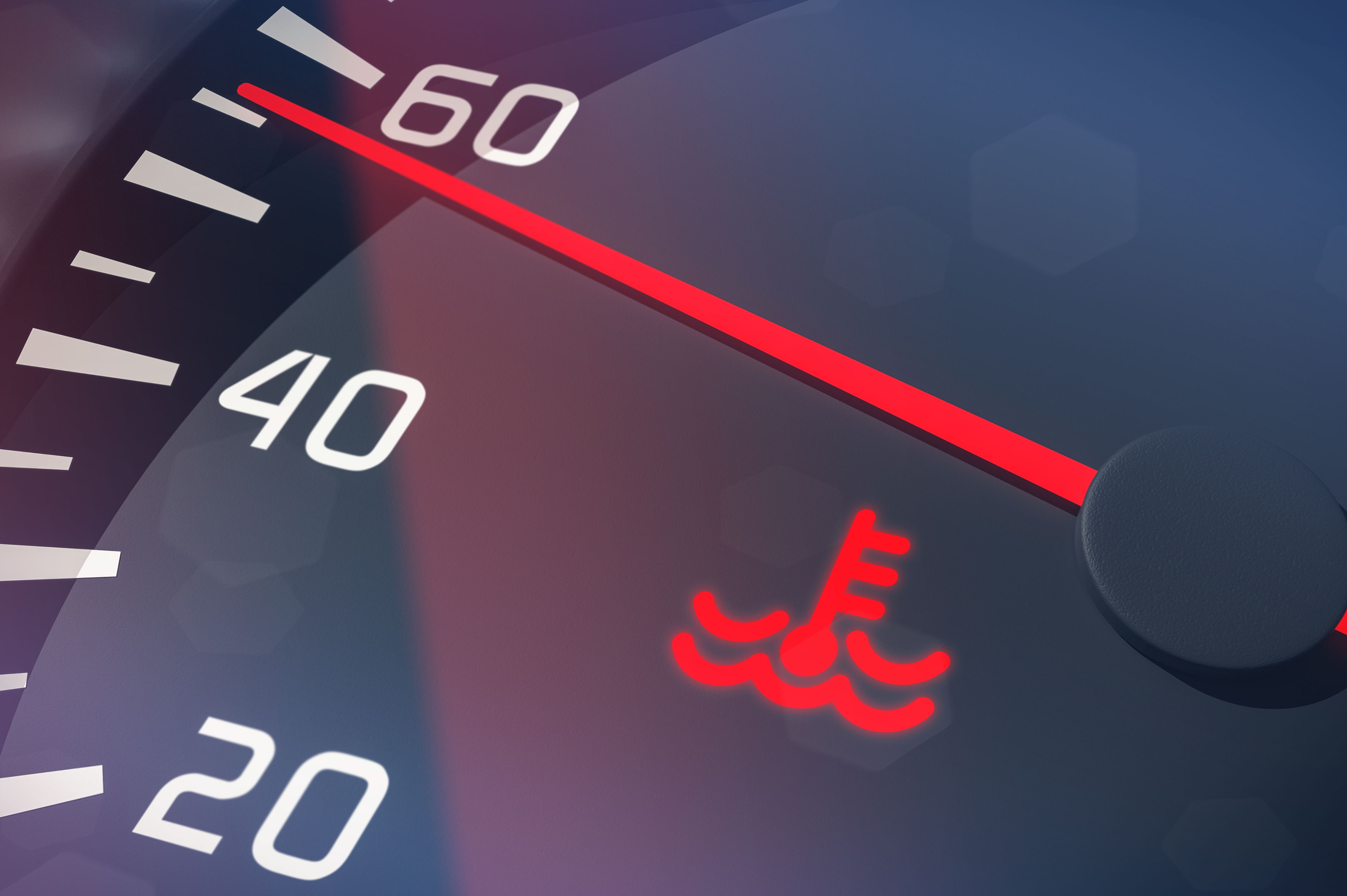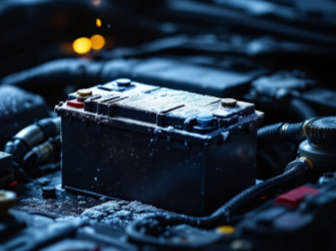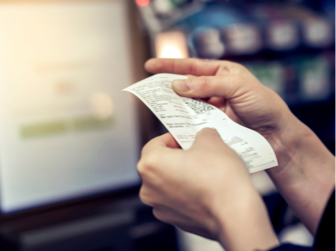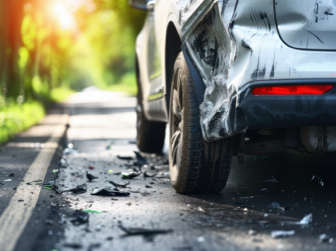

One of the most common yet most misunderstood ailments of a car is overheating. People often become aware of it only when it’s too late and the car has already suffered overheating car damage. However, overheating car symptoms can be easily recognised. Today we look at the various signs that tell you that your car is overheating and what you can do about it.
The most common signs of overheating:
- Abnormal temperature readings:
The most obvious sign. Do not ignore temperature warnings.
- Ticking noise:
This happens when the engine oil is too hot and cannot lubricate the engine properly.
- Burning oil smell:
Beyond a certain temperature, the engine oil will start burning. You will smell it.
- Thumping noises:
This is usually because of a malfunctioning thermostat which does not open the valves on time leading to superheated coolant coming in contact with cold coolant.
- Engine power drop:
The engine’s efficiency is reduced as a lot of energy is wasted. This also reduces the lubrication which leads to further loss in power.
- Bonnet becomes hot:
Perhaps the most obvious sign of an overheating engine. If you see heat trails above the hood then it is a sure fire sign of an overheating engine.
- Coolants are leaked and steam comes out:
Another obvious sign of overeating is steam coming out from under the hood. Coolants can also be leaked when the engine overheats.

Car overheating troubleshooting
In the unfortunate event that your car begins to overheat, carry out the following steps to prevent any permanent damage while also ensuring your safety:
- Turn off the air-conditioning:
The AC puts a lot of stress on the engine. Turning it off can reduce the load on the engine quite considerably and allow it to cool down. If this works, then drive slowly without revving the engine and get the car checked for leaks or a malfunctioning pump or fan as this is a sign of the coolant not reaching all the parts of the engine. (Regular servicing and car maintenance will help identify these problems before they arise. MotorHappy offers budget-friendly Service Plan options and Maintenance Plan options.)
- Rev the engine a couple of times:
This might seem counter-intuitive but do it a couple of times. This will make the pump and the fan turn faster. If revving the engine a couple of times manages to cool the engine then there is an issue with the fan or the pump and it is best to park the car and let it cool down completely and then drive slowly to a car workshop.
- Avoid braking abruptly:
Most overheating issues occur in stop-go traffic. Most drivers tend to accelerate and brake hard, stressing the engine and causing it to overheat. Instead learn to ride the brakes and keep the car going with gentle inputs on the throttle and the brake.
- Park the car and open the hood:
If all the above fail then there is only one resort. Park the car to the side of the road. Turn off the engine and open the hood and wait for the car to cool down. If this helps then you might have to repeat this multiple times before being able to reach a car workshop. If it doesn’t cool down then there is a more serious issue and you might need to call for roadside assistance. (Did you know a service plan through MotorHappy includes towing, message relay, jump-start and more? Click here to find out more.)

Steps to avoid car overheating:
Prevention is always better than cure! Here are some preventive measures you can take to keep the car from overheating in the first place.
- ✓ Always park in the shade:
When the car is parked and turned off, none of its cooling systems will be working. The windshield and the windows will turn the car into a greenhouse and heat will get trapped inside the car raising its overall temperature. As soon as the car is turned on, the cooling system can be overwhelmed to the point where it just fails.
- ✓ Wait for a few minutes before turning the AC on:
On getting inside the car, roll down the windows and let all the trapped air escape. Let the engine run for a couple of minutes before turning the AC on. Also use the fresh air setting initially to avoid recirculating the same hot air again and again.
- ✓ Ensure the coolant level is topped off:
This is one of the biggest causes of a car overheating. Usually there is a leak and there isn’t enough coolant available to cool the engine down. Refer to the car’s manual to find out how you can check the coolant levels. If it is too low then top it only when the car has been parked and has been sitting for a few hours to avoid being burnt or injured.
- ✓ Regularly check if the fans and the pump are working fine:
Keep an ear out for any rattling noise from the engine fan. If the engine starts to heat up quicker than before then have the fan checked out immediately instead of waiting for the car to suffer from a full-blown overheating problem.
- ✓ Maintain proper charge in the battery:
Sometimes there might just not be enough juice to power the fan and the pumps. This can be down to a malfunctioning battery. Keep an eye on the charge levels and ensure that the battery is in top condition at all times as it can lead to a host of troubles including but not limited to overheating.
- ✓ Regularly service the cooling system:
The cooling system can get clogged with time reducing its efficiency. Have it flushed regularly by a trained professional. Carry out all the necessary maintenance of the entire cooling system to keep it working at its full capacity without fail. Also make sure that the thermostat is working correctly.
Read more Car Maintenance tips:
The new Mazda 3 heads to SA in 2019
Meet SA’s Car of the Year: The BMW 7 Series


